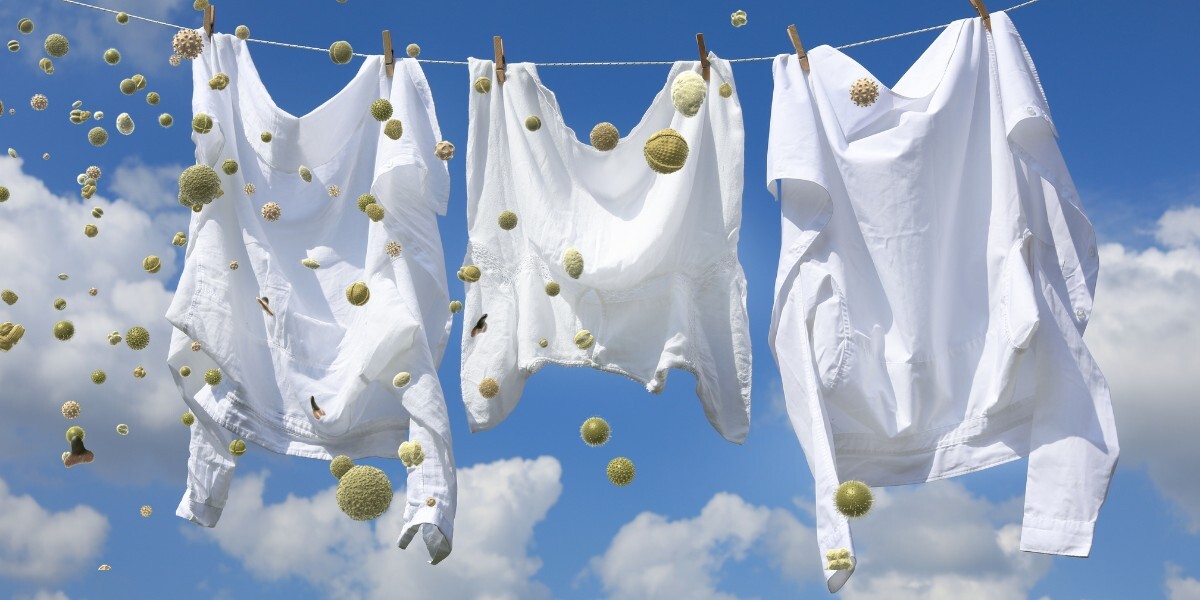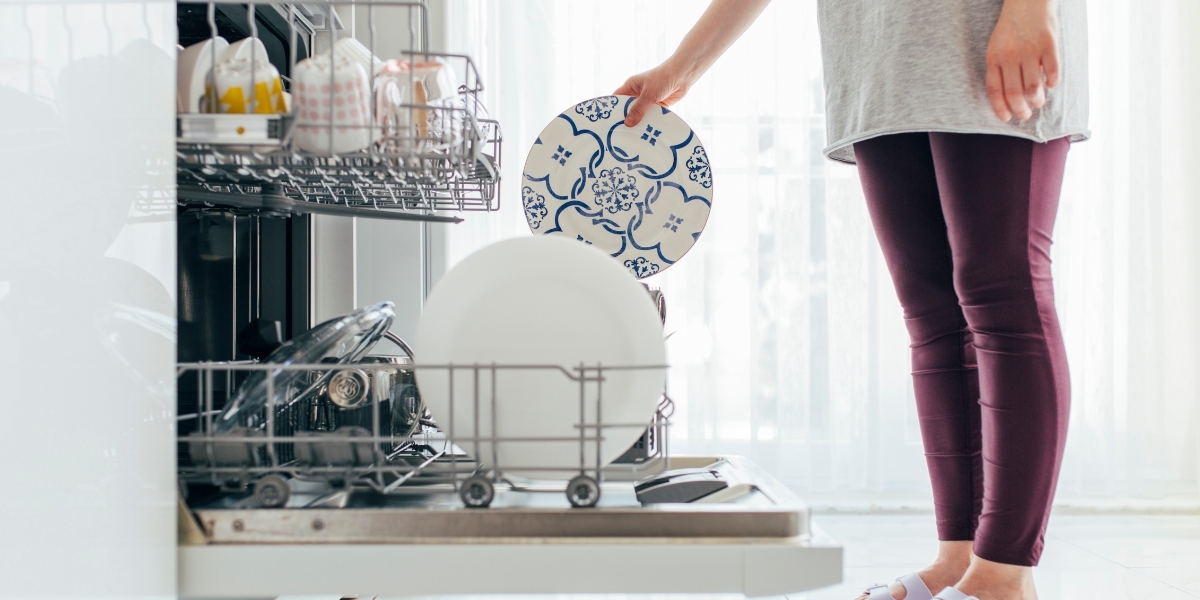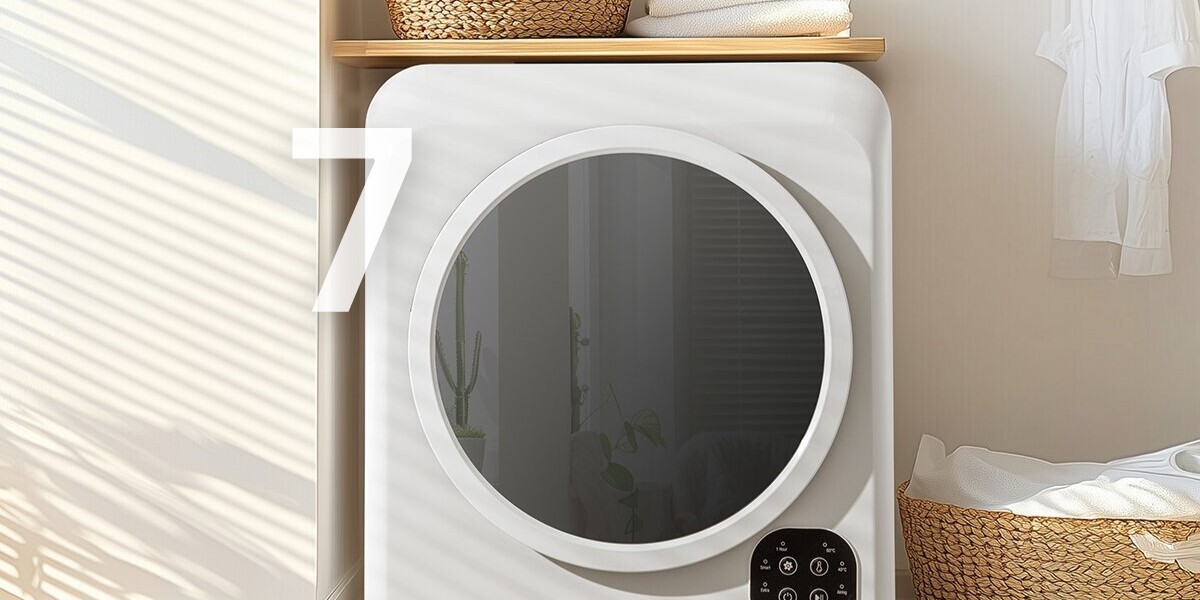
Your Cart
Your shopping cart is currently empty.
Laundry
Keep your wardrobe fresh and dapper with smart ideas for better washing and drying.
LAUNDRY | 21 MAY, 2024
6 MIN READ
Big washing machines – pros and cons
Washing machines with 8kg or larger laundry load capacity can be a great choice for some, but bigger isn't better for every household.

When you’re in the market for a new washing machine, you could opt for a more-or-less identical replacement for your current model. “If it ain’t broke” and all that (though if you’re buying a replacement, it may actually BE broke…).
Or, with just a bit of extra research, you could find a machine that’s even better suited to handling the unique laundry needs of your particular household.
With this in mind, today’s question is – when it comes to washing machines, does size matter?
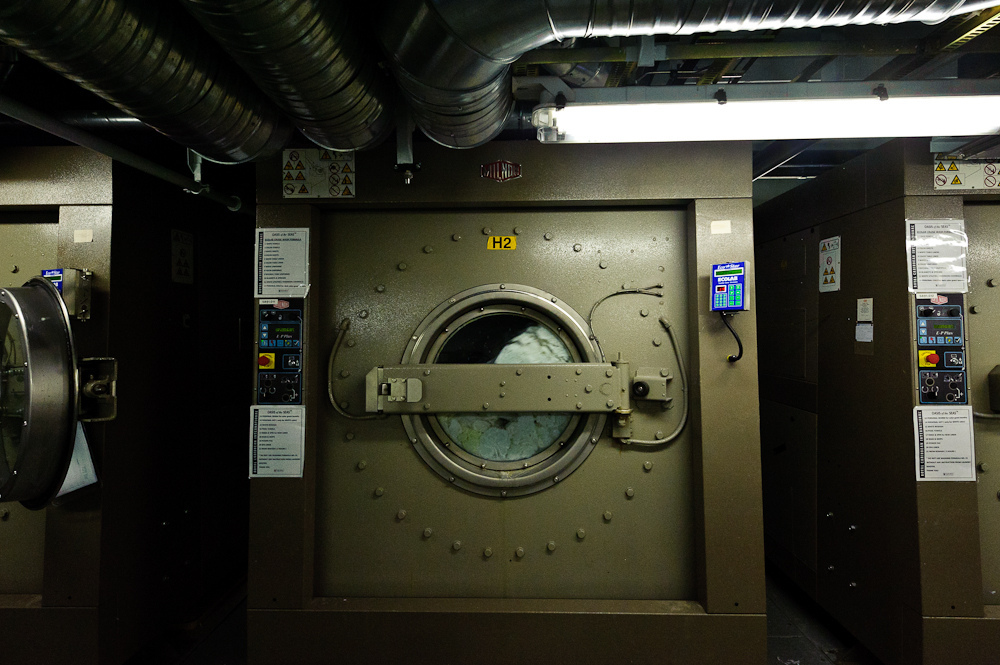
Big Washing Machine PROS
Large washing machines (for the purposes of this blog, we’ll be defining “large” as anything with a capacity of 8 kilos and up) have a lot to offer Aussie homes.
Traditionally, you used to only ever find top loading washers in these gargantuan sizes, but in recent years some fairly massive front loaders have also hit the market, allowing you to benefit from efficient gravity-assisted washing while also enjoying the large capacity.
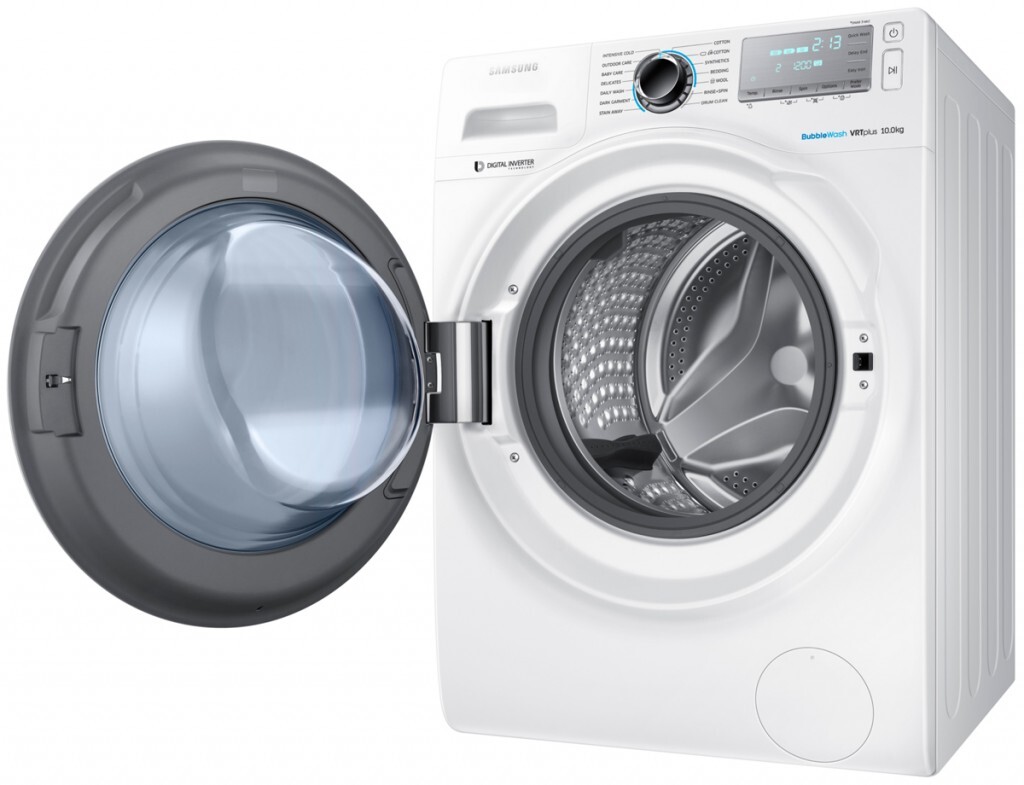
If you have a large family, then a large washing machine is an absolute no-brainer. When you’re trying to clean the clothes for your spouse, children and other assorted family and hangers-on, your choices are to either wash approximately seven million mini-loads of laundry per day, or wash just one super-sized load.
But even for households with fewer inhabitants, a big washing machine can be very handy… especially if you’re time poor, disorganised, or even secretly just a bit lazy (no judgements here). With a big washer, you can save up your clothes through the week, and just wash a single massive load on the weekend.
Big Washing Machine CONS
If it’s worth doing, it’s not ALWAYS worth overdoing. Sometimes a big washing machine causes more problems than it solves.
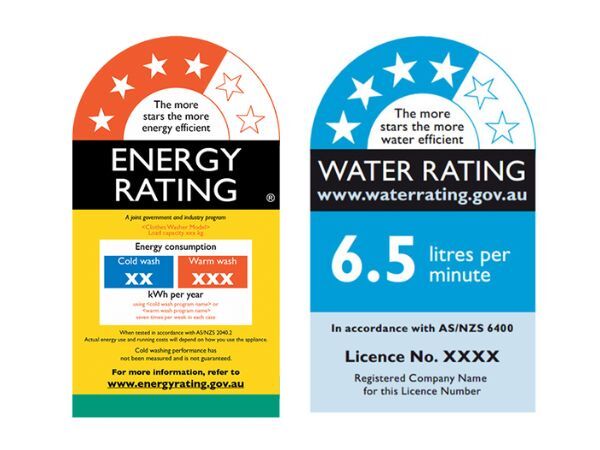
1. Water and energy use
In general, bigger washing machines tend to use more water and more energy per wash cycle than a smaller model.
Depending on how frequently you wash your clothes, this could have a significant impact on your home’s environmental footprint and power/water bills – just as much as doing the 7 million mini-loads in a small machine.
2. It can be a LOT of work
Also, doing a lot of laundry in one go can be a big hassle, and a lot of hard work. The physical effort of hauling a big load of dirty washing to the machine can be a pain, and it only gets harder when the cycle finishes and you need to haul out the wet clothes. Even with a fast spin speed that extract more moisture, damp laundry is still heavier than dry laundry.
Asking for (or demanding) some help from your cohabiting family members can ease the effort, but this isn’t an option if you live on your own (pets aren’t very helpful, at least in my experience).
3. Time
There’s also the time factor to consider. Bigger loads of washing require longer cycle times to thoroughly clean and dry. If you don’t mind making the time commitment, then that’s all good, but if you need your clothes cleaned in a hurry, then you may have a problem.
4. You're gonna need a bigger dryer
If you buy a larger washer, you’ll likely also want an equally large dryer. After all, there’s not much point in washing a massive load of laundry if you won’t be able to dry it on a rainy day without splitting it into smaller loads to fit your more modestly-sized dryer, or filling every last piece of your home’s spare indoor space with racking for air-drying (trust me, ducking beneath dripping underpants as you make your way down the hall gets old, fast).
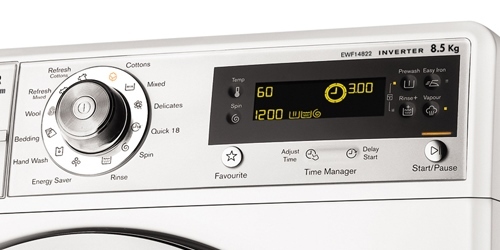
Technology to the rescue!
Fortunately, some washing machine manufacturers are adding special features in their larger models to help offset some of the traditional shortcomings while allowing you to keep enjoying their benefits.
Newer large washing machines often include a variety of specialised wash cycles to take better care of different types of clothes, such as sportswear, wool or denim. It’s not unusual to find an Eco mode among these options, which minimises the washer’s use of power and water, while still giving your clothes a great clean. That said, in some washers this Eco mode may take a little longer to finish than a regular wash cycle.
Speaking of wash times, if your large washer is taking too long to clean your clothes, it’s worth investigating the control panel to see what adjustments you can make, such as altering the rinse, spin and other wash settings. The electronic display found on many newer washers often provides a countdown of the remaining cycle time, so see which settings can help reduce this time while still providing the best possible wash.
Of special note is the Quick cycle, found on many newer washing machines, which can run for as little as 15 minutes. That said, these cycles only provide light refreshment to a few garments at a time rather than giving a full-size laundry load a thorough clean, so it’s best used to quickly bring a few lightly-soiled garments (say, a couple of business shirts) back into circulation in the shortest possible time.
Get the right washer for you
Remember that there’s never a “one size fits all” when it comes to appliances (literally AND figuratively). Even if a washing machine is super-huge and has a million fancy features, it still may not be what your household needs.
Be sure to do your research before you buy a replacement washer for your home, to make sure you pick a model that’s just the right size. If you need any help, the Appliances Online team is available to provide expert advice, 24 hours a day, seven days a week, 365 days a year.

After joining Appliances Online, Mark learned more than he ever expected to know about washers, dryers and fridges, and discovered a knack for solving everyday problems using typical household appliances. When he’s not toiling at his day job, Mark tries to find time to write the next bestseller and draw satirical cartoons, but is too easily distracted by TV, music and video games.
Latest Articles
LAUNDRY
17 FEBRUARY 2026
If you suffer from allergies, a clothes dryer could be a game-changer
How indoor drying helps manage itchy eyes and sneezing
KITCHEN
5 FEBRUARY 2026
What are dishwasher place settings?
Find the perfect dishwasher capacity for your household
LAUNDRY
3 FEBRUARY 2026
7 of our top best selling vented dryers in Australia 2025-26
Need a stackable or wall-mountable tumble dryer?
KITCHEN
28 JANUARY 2026
7 of our top best selling small dishwashers in Australia 2026
Popular slimline models for compact kitchens.
More Like This
LAUNDRY
17 FEBRUARY 2026
If you suffer from allergies, a clothes dryer could be a game-changer
How indoor drying helps manage itchy eyes and sneezing
KITCHEN
5 FEBRUARY 2026
What are dishwasher place settings?
Find the perfect dishwasher capacity for your household
LAUNDRY
3 FEBRUARY 2026
7 of our top best selling vented dryers in Australia 2025-26
Need a stackable or wall-mountable tumble dryer?
